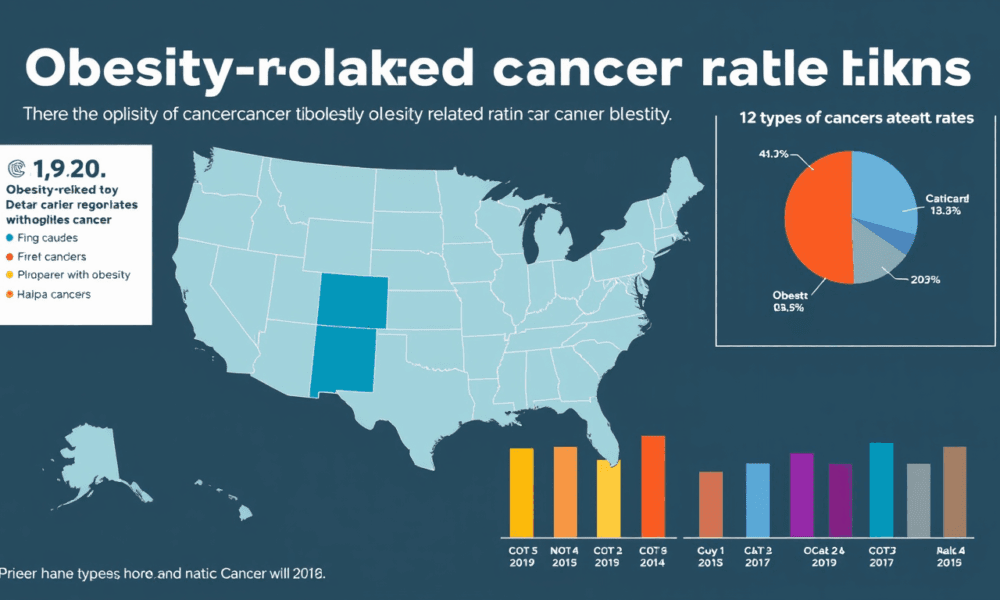


Obesity-related cancer deaths in the U.S. have tripled in just two decades, with women, older adults, and minority groups most affected. New research presented at ENDO...

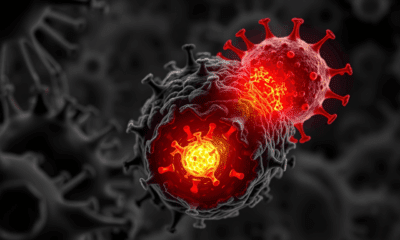

Scientists at UC Davis discovered a small genetic difference that could explain why humans are more prone to certain cancers than our primate cousins. The change...



Rutgers scientists have uncovered a tug-of-war inside the brain between hunger and satiety, revealing two newly mapped neural circuits that battle over when to eat and...



Sea cucumbers, long known for cleaning the ocean floor, may also harbor a powerful cancer-fighting secret. Scientists discovered a unique sugar in these marine creatures that...

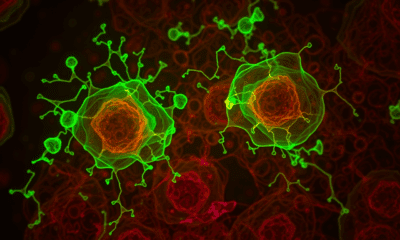

Scientists in Japan have discovered that a natural compound found in a type of ginger called kencur can throw cancer cells into disarray by disrupting how...



A breakthrough study from Keck Medicine of USC may have found a powerful new triple therapy for glioblastoma, one of the deadliest brain cancers. By combining...
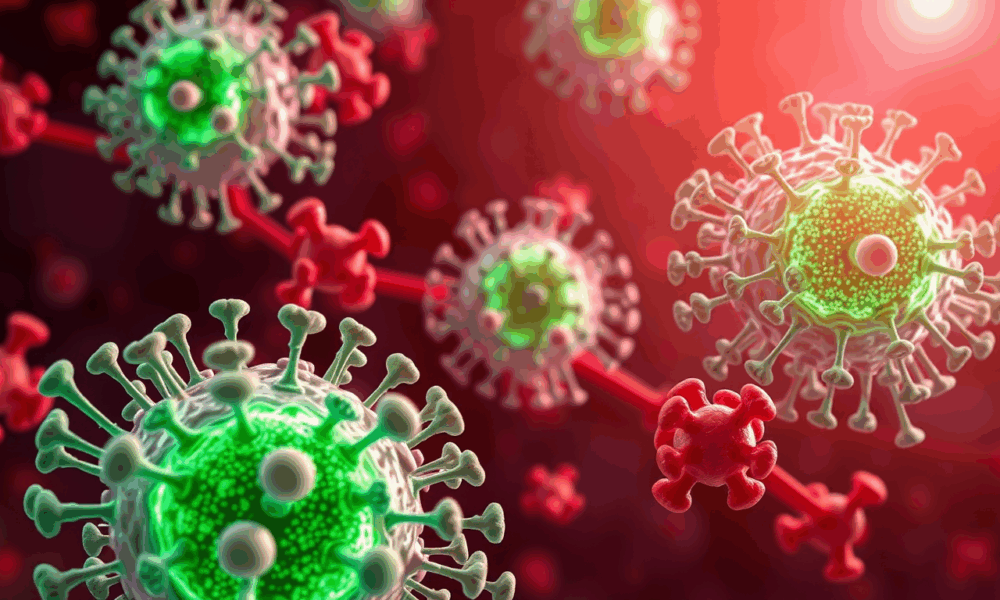
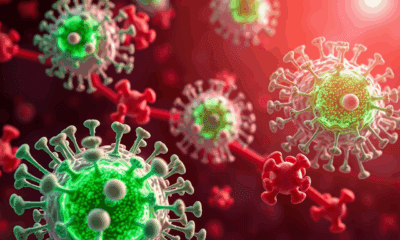

Scientists have discovered how pancreatic cancer cells thrive in the lungs or liver, environments that are as distinct to cells as the ocean and desert are...

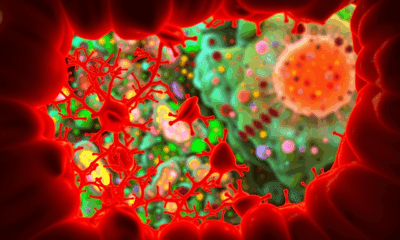

Chronic inflammatory bowel disease is challenging to treat and carries a risk of complications, including the development of bowel cancer. Young people are particularly affected: when...
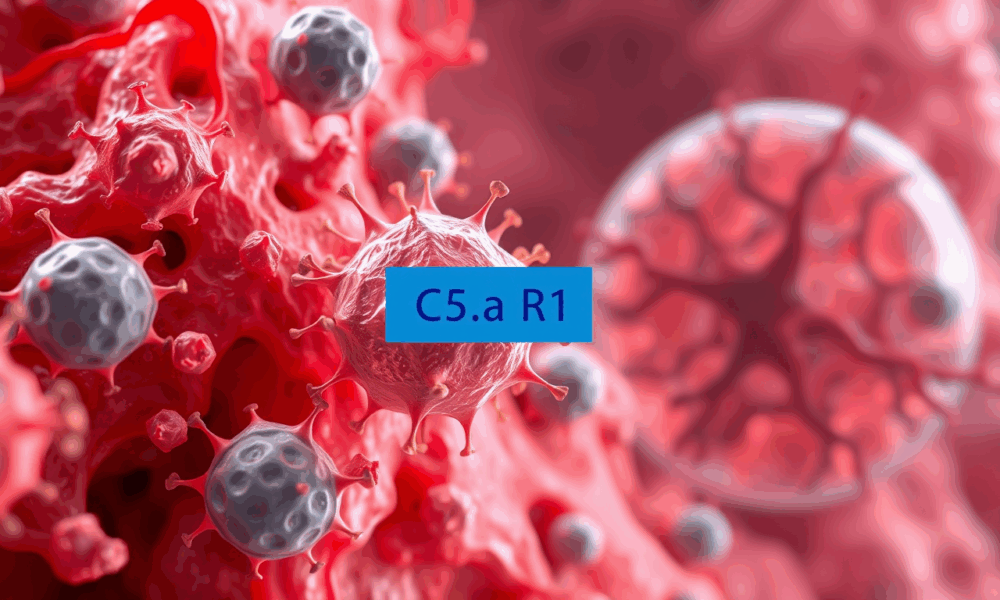
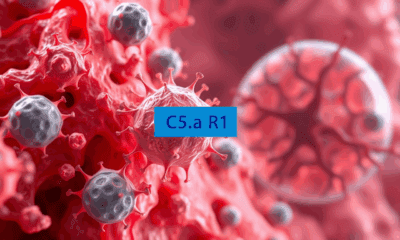

Researchers have identified C5aR1 as a novel biomarker for metastasis risk and poor prognosis in patients with cutaneous squamous cell carcinoma (cSCC), the most common type...
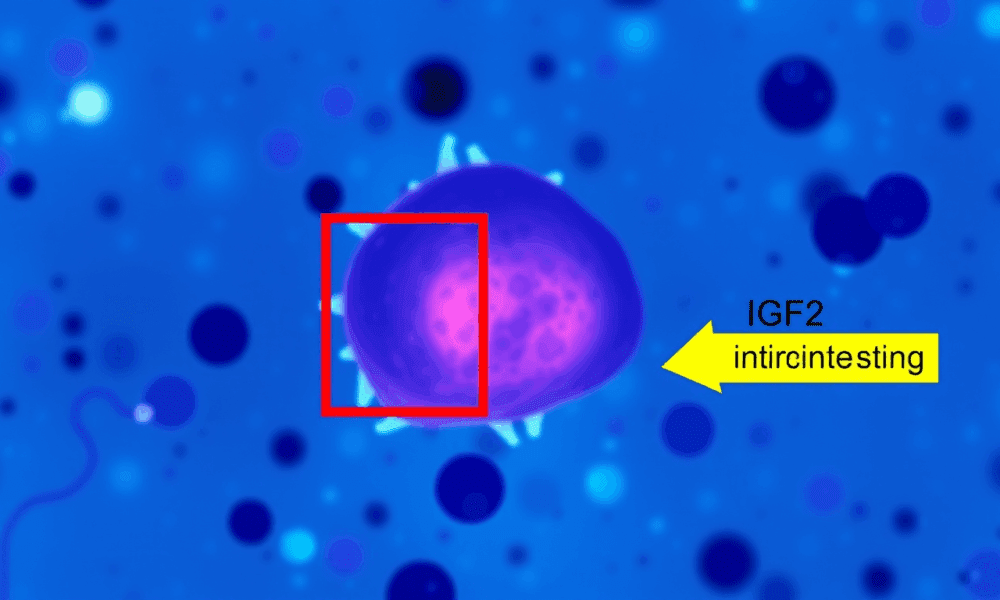
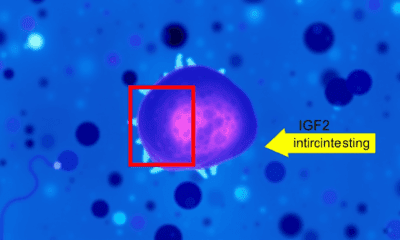

A biobank for pediatric kidney tumors plays a key role in identifying hereditary causes of Wilms tumors. New insights gained with its help enable better risk...